Tag Archive for: ROBOMINERS
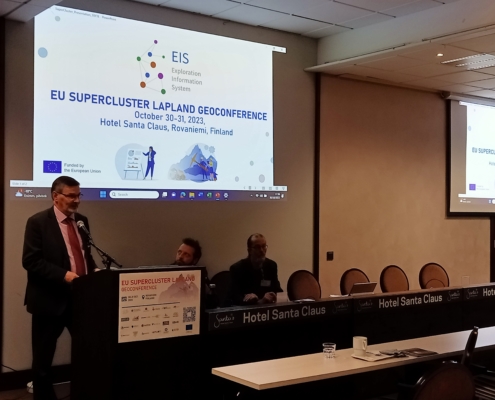 La Palma Research Centre
La Palma Research CentreLPRC’s projects at the EU SuperCluster Lapland Geoconference
LPRC participated in the EU's Supercluster Lapland Geoconference…
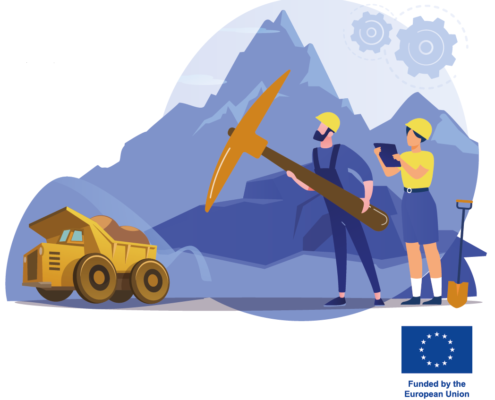
SuperCluster Lapland Geoconference, Rovaniemi, Finland (30 & 31 October 2023)
The SuperCluster Lapland Geoconference will take place on the…
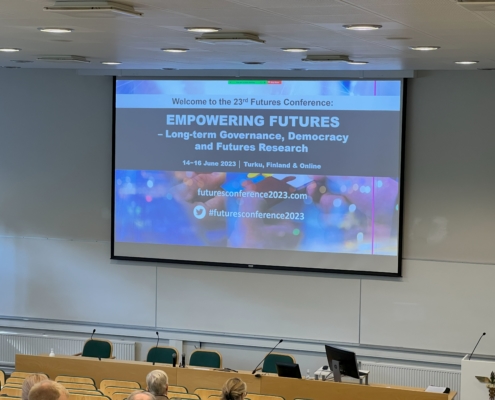 La Palma Research Centre
La Palma Research CentreFutures Conference 2023 – Empowering Futures, 14-16 June 2023, Turku, Finland
The La Palma Research Centre team joined a community of futures…
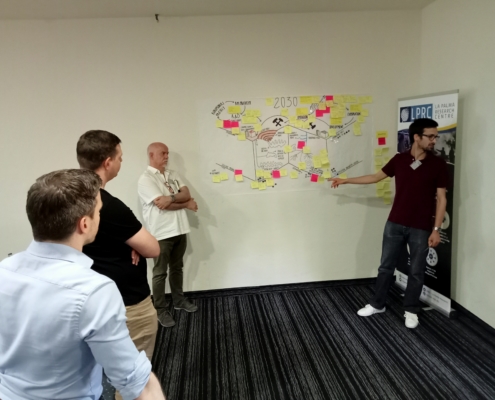 La Palma Research Centre
La Palma Research CentreLPRC organised and hosted the 1st ROBOMINERS Roadmapping Workshop in La Palma
The LPRC team organised the 1st ROBOMINERS project Roadmapping…
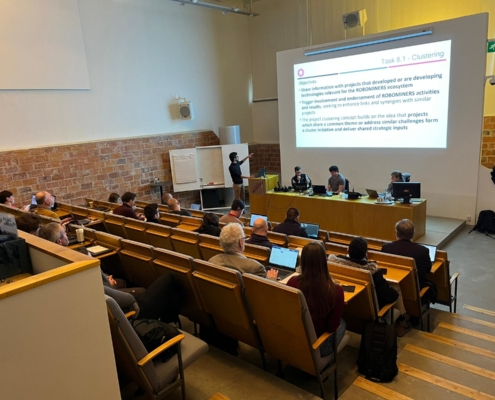 La Palma Research Centre
La Palma Research CentreROBOMINERS Project Meeting, Tampere, January 2023
The ROBOMINERS Project teams joined together in Tampere, Finland,…
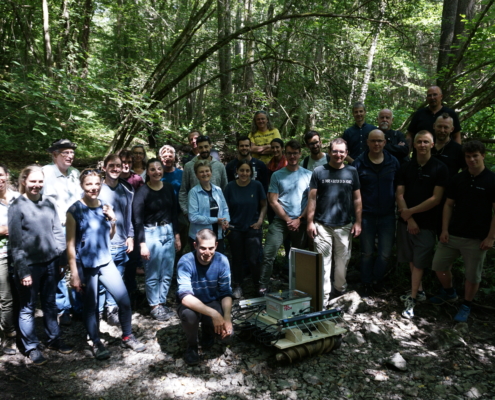 ROBOMINERS
ROBOMINERSROBOMINERS Consortium and Review meeting, Brussels, 29, 30 June and 1 July 2022
The ROBOMINERS consortium met in the capital of Europe, Brussels,…
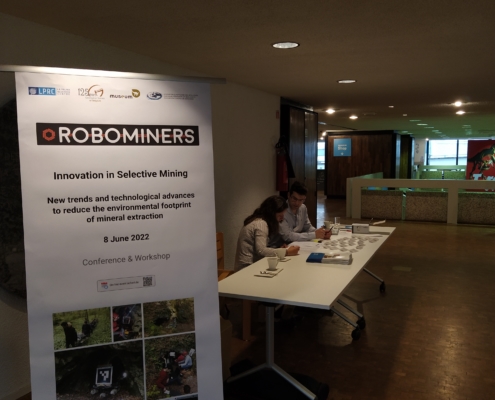 La Palma Research Centre
La Palma Research CentreLPRC co-organised the recent ROBOMINERS workshop
The most recent ROBOMINERS-related workshop entitled "Innovation…
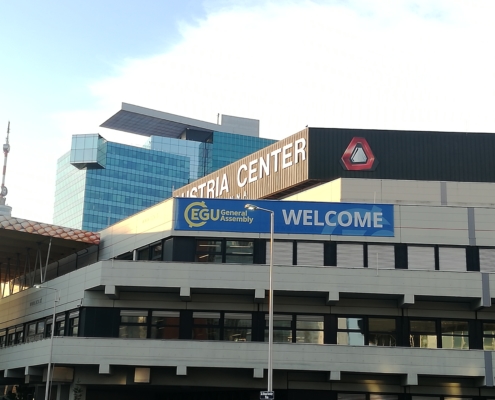
LPRC presents its projects during the EGU General Assembly 2022
Similarly to previous EGU editions, La Palma Research Centre…
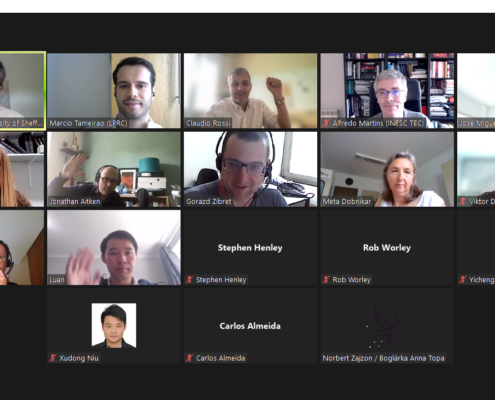
LPRC members participate in a joint Clustering workshop with PIPEBOTS/UNEXUP/ROBOMINERS
La Palma Research Centre participated in a recent tri-project…
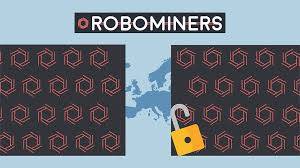
Call for experts – ROBOMINERS Delphi Survey
The LPRC team would like to invite you to answer to the ROBOMINERS…
